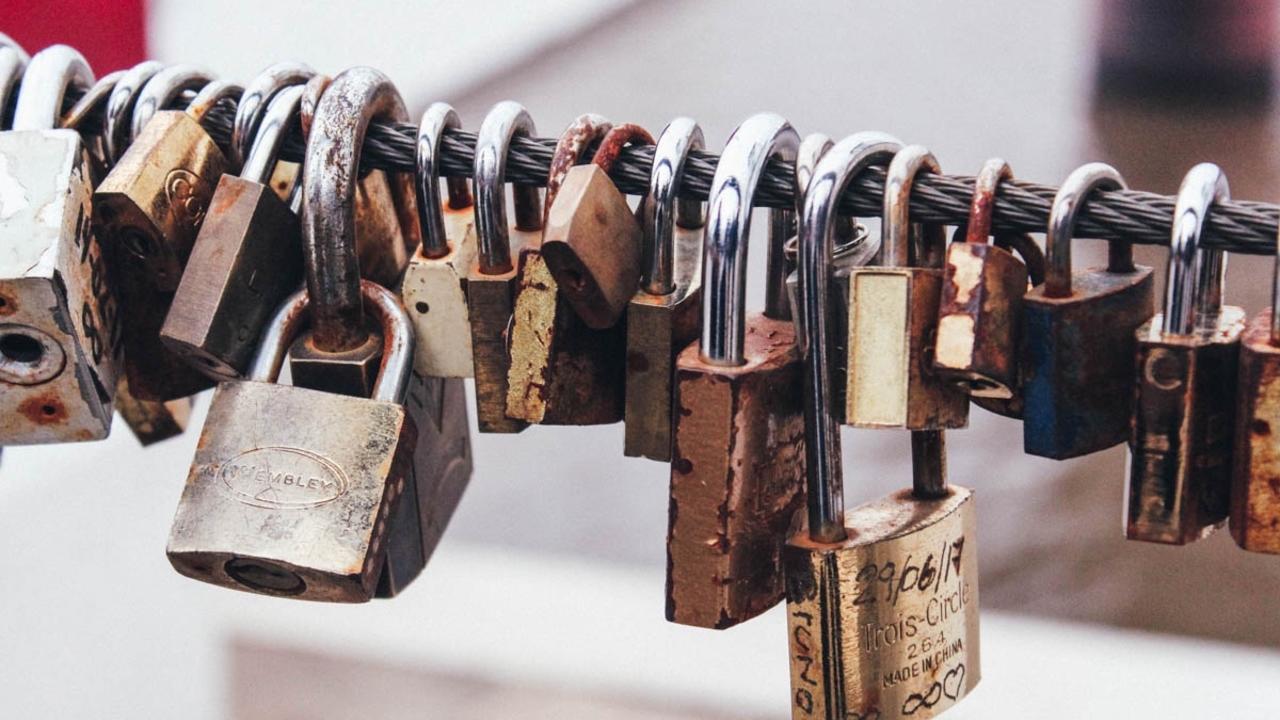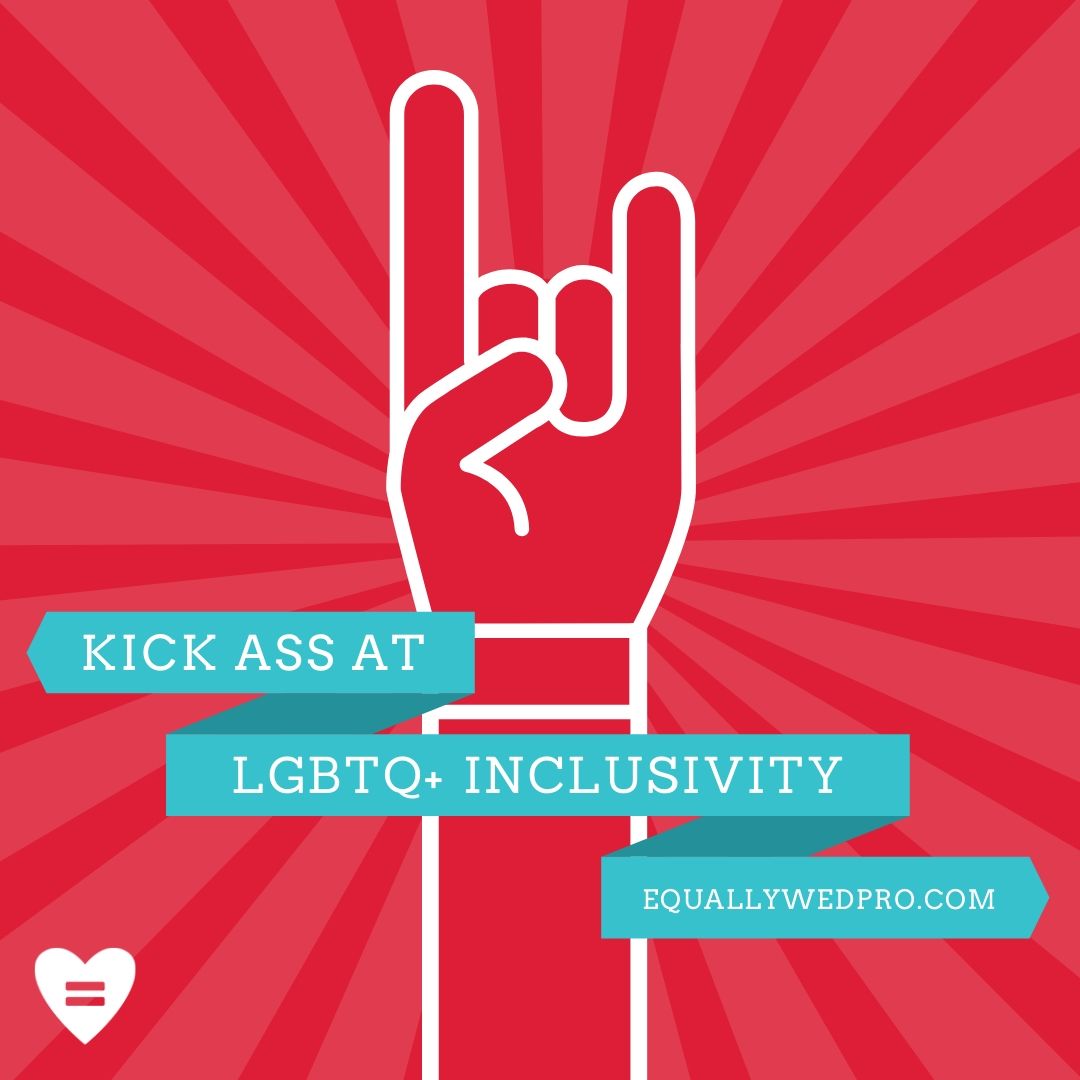The importance of privacy for your LGBTQ+ wedding clients

Working with weddings places you in a special circle of trust with your clients—one that should not be violated. There are certain parameters that you know not to cross with your clients, and privacy is one of them.
Even though you’re being hired to create a magnificent work of art for your client (whether it’s visual, tangible or experiential), never forget that though you retain the rights to the art, you do not have the right to violate your clients’ privacy.
Over the past 10 years in publishing Equally Wed, we have dealt with a not-infrequent amount of couples asking us to remove images that contained their faces or entire Real Wedding features that their photographer or other wedding vendor had submitted to us, never asking the couple for permission.
It’s important to remember that though we have full marriage equality in the United States and in many countries around the globe, we—the LGBTQ+ community—can still be fired from our jobs and kicked out of our housing in 28 states in the U.S. just for being LGBTQ+.
There’s a saying in the LGBTQ+ activism crowd: “Married on Sunday, fired on Monday.” This is a disturbingly accurate depiction of what is still a real threat to our community when we work for an anti-LGBTQ+ employer. We can lose our jobs just for living our lives out in the open—this includes our weddings, which should be celebrated, not condemned.
However, losing your job or being kicked out of housing aren’t the only safety and security risks when you’re LGBTQ+. Sometimes it’s not safe to come out to friends or family either, or for one reason or another, you’re not ready to come out.
Recently, we received an email addressed to the editors of Equally Wed pleading for their faces to be removed from a Real Wedding feature, the couple stating that their families didn’t know about their marriage and they were aghast that the photographer had submitted their wedding to a global publication without their knowledge. Yes, this happens, and not infrequently, I might add. All the couple wanted was to have the photos with their faces removed before the images made their way to Facebook, Pinterest, Instagram and everywhere else. Once you post an image online you lose control of where it goes so it’s better to have self-control in the first place and not publish anything before you are granted permission.
The wedding industry is part of the creative industry. Wedding pros are artists in their own right. But when your art includes the likeness of others, to share it without their permission is an error in judgment. Even though you own the copyright to your work and understandably want to share it to attract more work, it’s not your right to do so when you don’t have explicit written permission from the couple. To be clear, I’m not referring to your photos of the flower arrangements or the specialty cocktail. I’m talking about any personal details such as invitations with the couple’s mailing address, photos of children, save the dates with the couple’s name and photos on them and, most intimately, photos showing the couple’s faces.
I know you mean well, love champion. And to do well, you must first ask for permission before submitting your clients’ weddings to publications as well as publishing on your own blog and social media. Put it in your contracts and call attention to it as well because not many people read contracts even though we all should. It won’t hurt to do a follow up question when the wedding photos are in and you write in an email to the client, “I’m planning on submitting your wedding for editorial consideration to Equally Wed. Is that OK?”
Everyone appreciates being respected, and you’ll gain that much more trust with your client when you ask this simple question.
photo: Marcos Mayer

